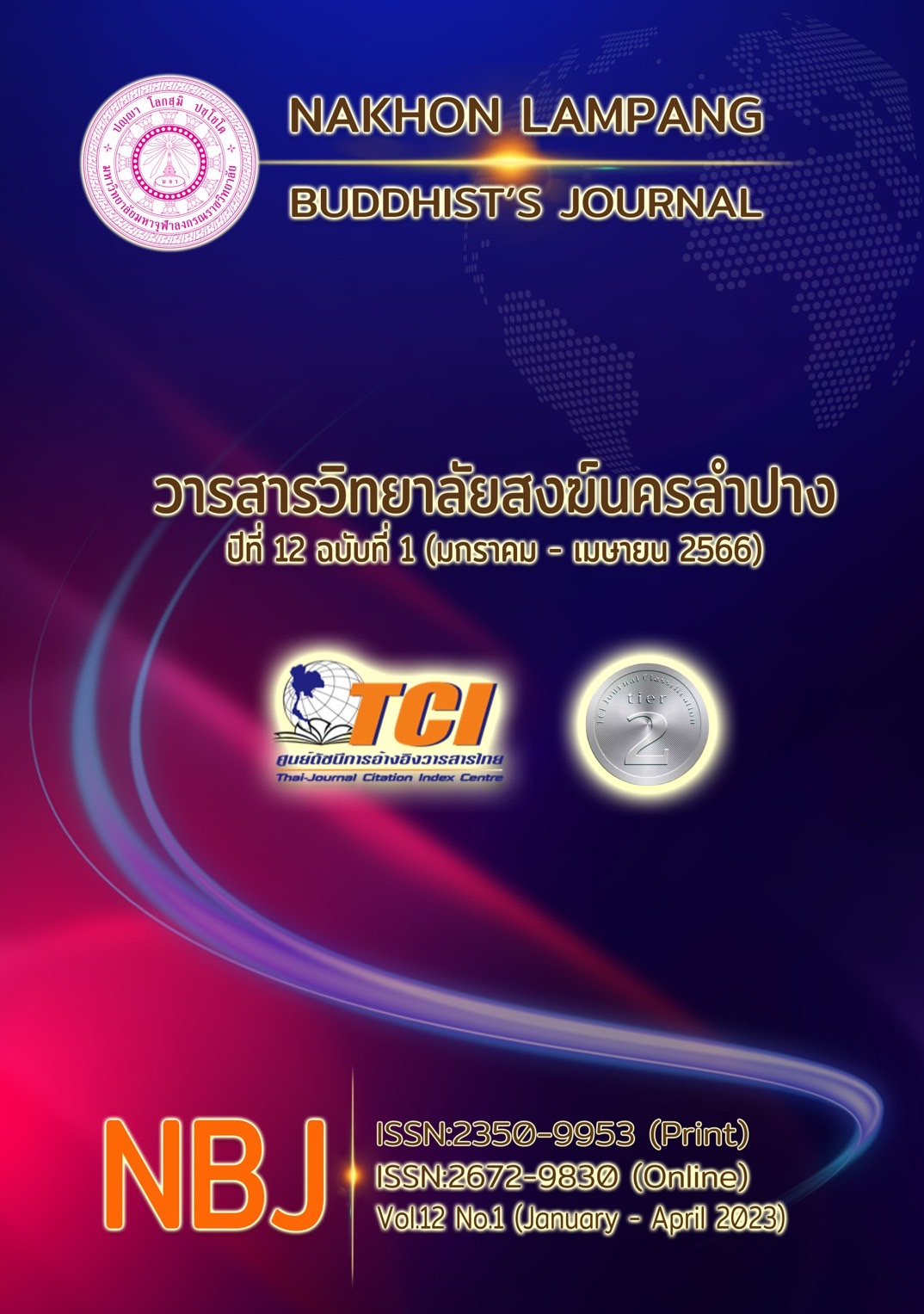ความต้องการพัฒนาสมรรถนะด้านนวัตกรรมและเทคโนโลยีสารสนเทศทางการศึกษาสำหรับอาจารย์มหาวิทยาลัย
Main Article Content
บทคัดย่อ
การวิจัยครั้งนี้มีวัตถุประสงค์ เพื่อศึกษาปัญหาและความต้องการพัฒนาสมรรถนะด้านนวัตกรรมและเทคโนโลยีสารสนเทศทางการศึกษาของอาจารย์มหาวิทยาลัย โดยการใช้แบบสอบถามเป็นเครื่องมือในการรวบรวมข้อมูล ประกอบด้วยประเด็นคำถามด้านนวัตกรรมและเทคโนโลยีสารสนเทศทางการศึกษา 3 ด้านด้วยกันได้แก่ด้านความรู้ ด้านทักษะ และด้านเจตคติ กลุ่มตัวอย่างที่ใช้ในการศึกษาคือ อาจารย์ผู้สอน มหาวิทยาลัยแม่โจ้-แพร่ เฉลิมพระเกียรติ จำนวน 80 คน การวิเคราะห์ข้อมูลสถิติที่ใช้คือ ค่าเฉลี่ย วิเคราะห์เนื้อหาและสรุปข้อมูล ผลการวิจัยพบว่า กลุ่มตัวอย่างส่วนใหญ่เป็นเพศหญิง มีอายุเฉลี่ย 39 ปี ประสบการณ์การสอนเฉลี่ย 10 ปี และสมรรถนะด้านนวัตกรรมและเทคโนโลยีสารเทศทางการศึกษา โดยภาพรวมมีสมรรถนะที่ระดับปานกลาง ด้านความรู้มีสมรรถนะที่ระดับปานกลาง (= 2.88) ด้านทักษะมีสมรรถนะระดับปานกลาง (= 3.21) และด้านเจตคติมีสมรรถนะที่ระดับมาก (=3.50) กลุ่มตัวอย่างมีปัญหาและความต้องการพัฒนาด้านการฝึกอบรมความรู้เกี่ยวกับทักษะด้านนวัตกรรมและเทคโนโลยีเพื่อมาปรับใช้และพัฒนาด้านการเรียนการสอน
Article Details

อนุญาตภายใต้เงื่อนไข Creative Commons Attribution-NonCommercial-NoDerivatives 4.0 International License.
เอกสารอ้างอิง
Chaichanasi, S. (2018). Quality of Working Life of Officials in Pakxanh District Administrative Organization, Bolikhamxai Province, Lao People’s Democratic Republic. Graduate Studies Journal, 15(70), 50-57.
Chomjit, K & Whattananarong, K. (2019). Development of a Model for Enhancing the Competencies in Information Technology of Staff in Private Higher Education Institution. Dhammathas Academic Journal, 19(3) (July - September), 32-42.
Drent, M & Meelisen, M. (2008). Which factors obstruct or stimulate teacher educators to use ICT innovatively?. Computer & Education, 51, 187-199.
Kerdtip, C. (2010). Educational Technology Leadership for Executive Personnel to Education Reform in the Second Decade [B.E. 2552-2561]. Journal of Education Prince of Songkla University, 21(2), 162-182.
Makaramani, R. (2013). Thai teacher with ICT. Supporting documents for academic meetings of the Teachers Council of Thailand Year 2013 on research to increase the quality of education and professional development. Bangkok. The Teachers Council of Thailand.
McClelland, David C. (1999). Identifying Competencies with Behavioral-event interview. Psychological Science,9 (5).
Ounchitti, D. and Thiraruengsiri, S. (2020). The Relationship Between Information Behavior and Innovation Behavior of Undergraduate Student, Faculty of Humanities and Social Science, Burapha University.
Smithikrai, C. (2009). Personnel Training in Organization. (4th ed). Bangkok: Chulalongkorn University Press.
Srimaungkun, J. (2015). The Development of Information Technology Competency for Mattayomsuksa 2 Primary Education Service Area Office 4. Kanchanaburi: Kanchanaburi Rajabhat University.
Whangmahaporn, P. (2021). Development of Lecturer’s Competencies in Public Administration Curriculum of Northeast Rajabhat Universities Readiness to Thailand 4.0. Journal of Politics and Governance, 11(3) (September – December), 122-136.
Wiwitkunakorn, S. (2022). Development of Academic Competencies of Rajabhat University Lecturers. Journal of Research and Development Institute, Rajabhat Maha Sarakham University, 9 (2) (May-August), 39-60.
Wongkhamchan, S, Bangwiset, S & Prommuangkun, S.(2020). Development of Competency Strategies for The Lecturers in The Faculty of Education, The National University of Laos. Buabundit Journal of Educational Administration, Faculty of Education, Ubon Ratchathani Rajabhat University, 20(2), 96-108.
Zhong, Z., Hu, D., Zheng, F., Ding, S. & Luo, A. (2018). Relationship between information-seeking behavior and innovative behavior in Chinese nursing students. Nurse Education Today, 63, 1-5.

